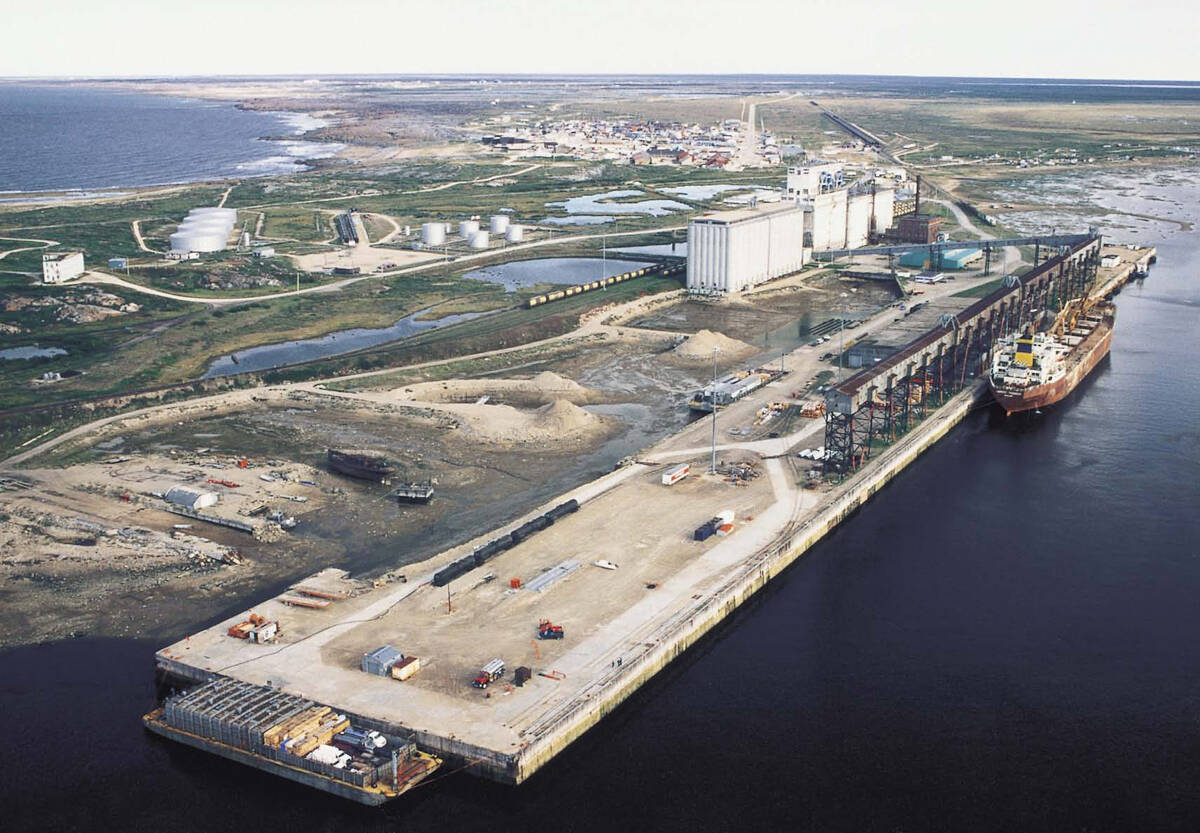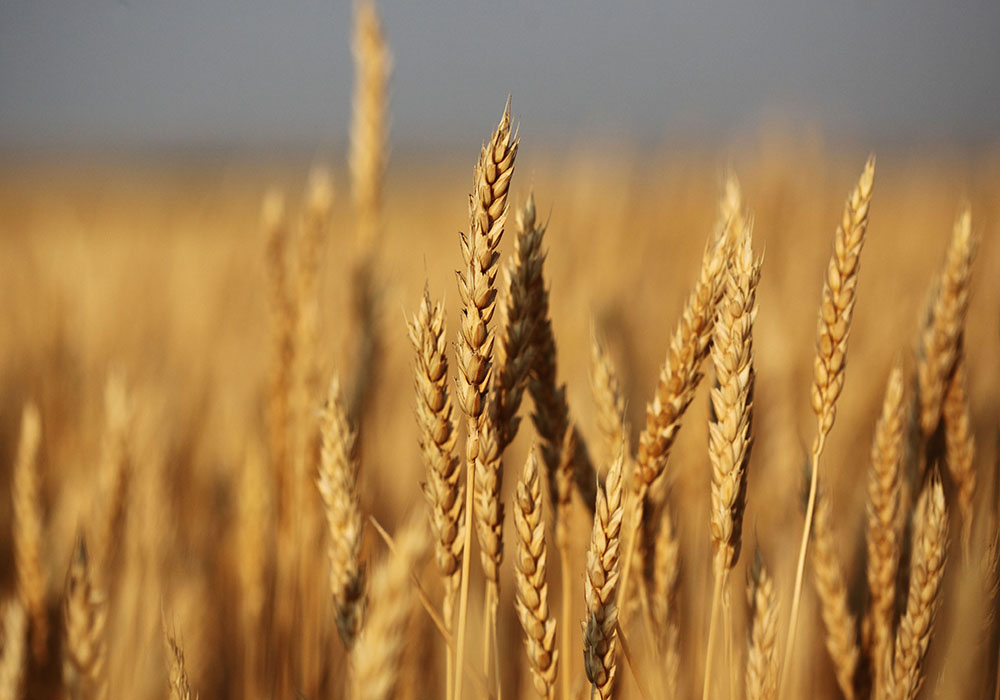HAMBURG (Reuters) – Germany will produce a larger wheat harvest this year despite the impact of an early summer heatwave followed by repeated rain, the agriculture ministry said on Thursday.
The country will harvest 22.71 million tonnes of its most important grain type, winter wheat, up 15.9 percent from 2018’s drought-hit crop, the ministry said in its first harvest estimate.
The wheat harvest of all types will rise 13.7 percent on the year to 23.03 million tonnes, it said.
Germany’s rapeseed harvest will fall 21.9 percent on the year to about 2.9 million tonnes. A sharp drop had been generally expected because of a big reduction in rapeseed plantings following dry weather in autumn 2018.
Read Also

Defence investments could benefit agriculture
A bump in Canada’s NATO spending commitments could lead to infrastructure investments that would benefit rural areas
Germany is the European Union’s second-largest wheat producer after France and in many years the EU’s largest producer of rapeseed, Europe’s main oilseed for edible oil and biodiesel production.
After last summer’s drought, German grains this summer also suffered from a heatwave that saw record temperatures in much of western Europe in late July, while repeated rain especially in northern and eastern Germany delayed harvesting, it said.
“Our harvest report shows that crop yields are pleasingly better than last year, which for many farms was a crisis year,” agriculture minister Julia Kloeckner said in a statement.
“But overall this year’s grain and rapeseed harvest is below average. In some regions, rainfall was not enough in this crop development period to compensate for the water deficit in 2018.”
This means farmers must increasingly face the challenges of climate change, she said.
The winter wheat crop is 6.6% under the six-year average and the rapeseed crop is 41.7% below, the ministry said.
Harvesting is generally finishing.
The harvest of winter barley, largely used for animal feed, is expected to rise 33.2% on the year to 9.82 million tonnes. Winter barley was generally ripe when the July heatwave arrived and so escaped late-season damage.
The spring barley crop, used for malt and beer production, is seen falling 11.8% to 1.94 million tonnes.
The maize crop is forecast to rise 13.1 percent to 3.78 million tonnes but this would be 10.7 percent below the six-year average.















